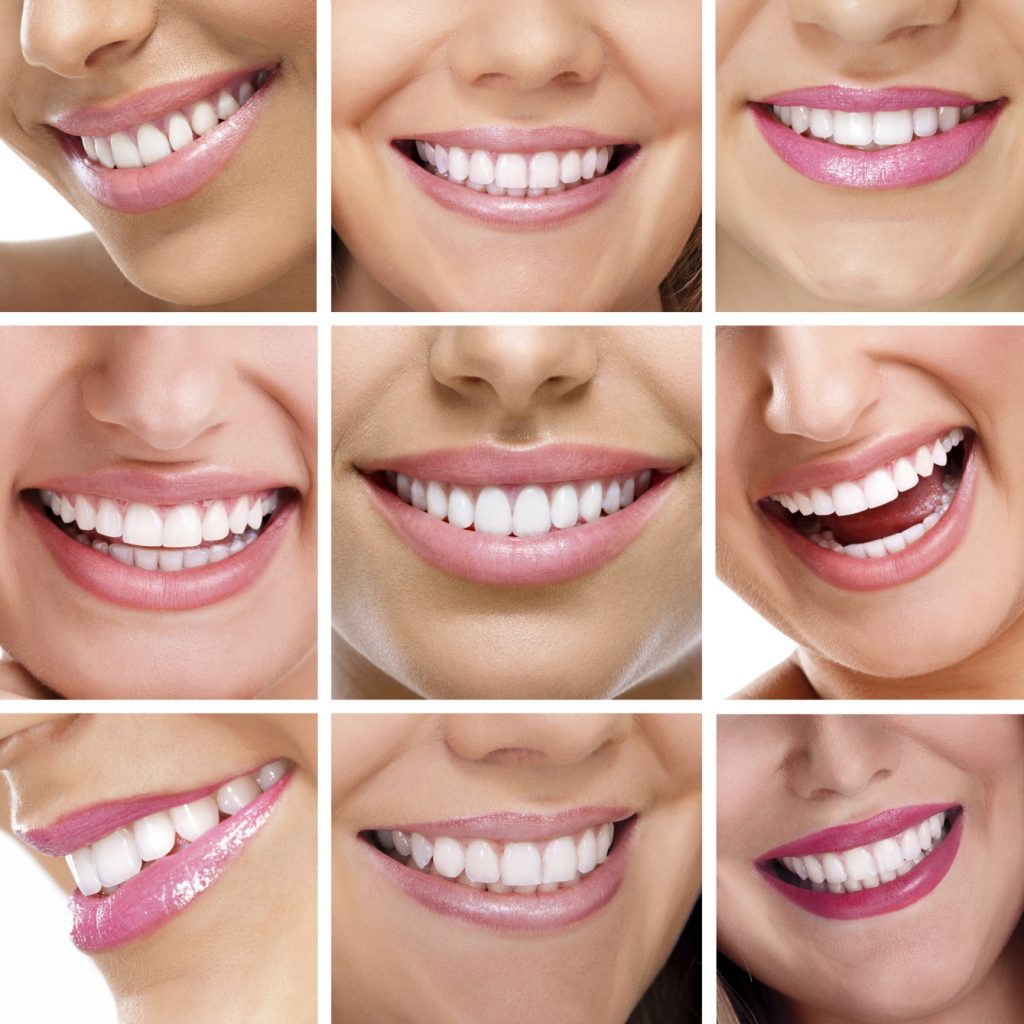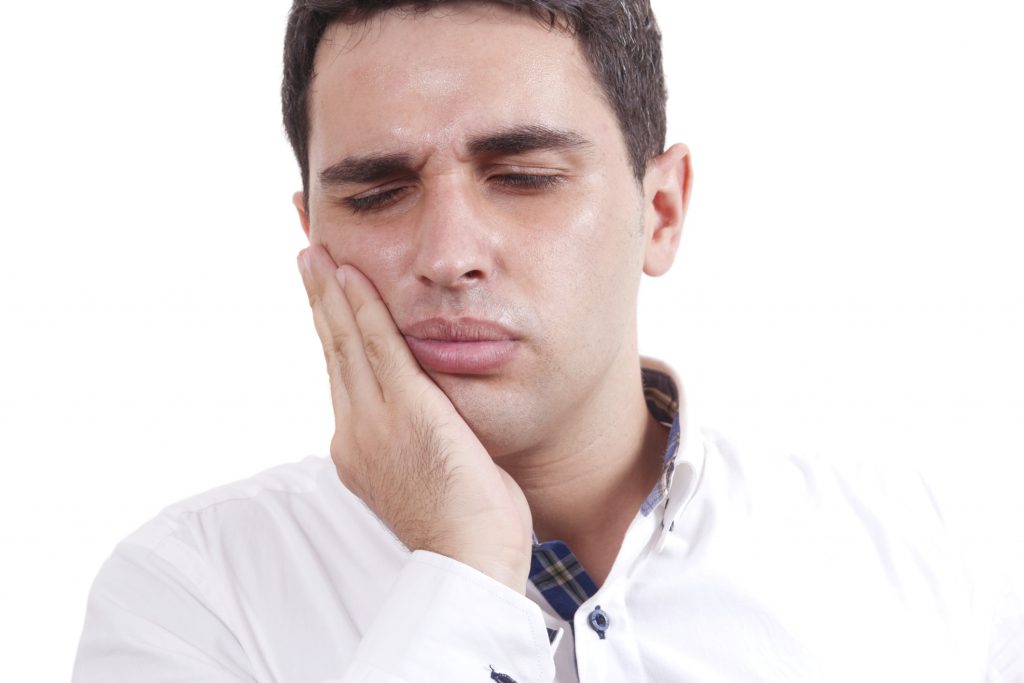
When a baby is teething, parents work hard to soothe their pain. As an adult, we experience teeth growing again. Sometime during our teen and young adult years, your wisdom teeth will come in. For some people there is no pain, while others experience pain like they’ve never imagined. Here are the reasons why wisdom teeth hurt:
Eruption. The top of your gums is full of nerves. When wisdom teeth erupt through the skin, they are breaking those nerves and the result is pain. The tooth does not grow at a very fast speed. That means the pain can last for a lot longer than anyone wants until the tooth is fully grown.
Impaction. There are times when the tooth grows at the wrong angle. It gets stuck in the gum and is then an impacted wisdom tooth. This is another type of pain people feel. The pain from an impacted wisdom tooth is felt in many places. It can affect the area of impaction, the teeth surrounding the impaction, the gums and the jaw.
Infection. It is possible for the wisdom tooth to have an infection. Like any other infection of the teeth or gums, the infected wisdom tooth cause pain.
Pain from a wisdom tooth is normal and something that plenty of people deal with. The good news is that there are things to do about the pain. Over-the-counter medications can help manage the pain until the tooth grows in.
Extraction is also an effective treatment for impacted teeth. The key is to get the help of our dental professionals when you have painful wisdom teeth. They’ll be able to advise on the next steps.
For more information about wisdom teeth, call Dr. Sciabica in Issaquah, WA at 425-392-3900 or visit www.issaquahdentists.com.
Dr. Frank S. Sciabica proudly serves patients from Issaquah and all surrounding areas.



